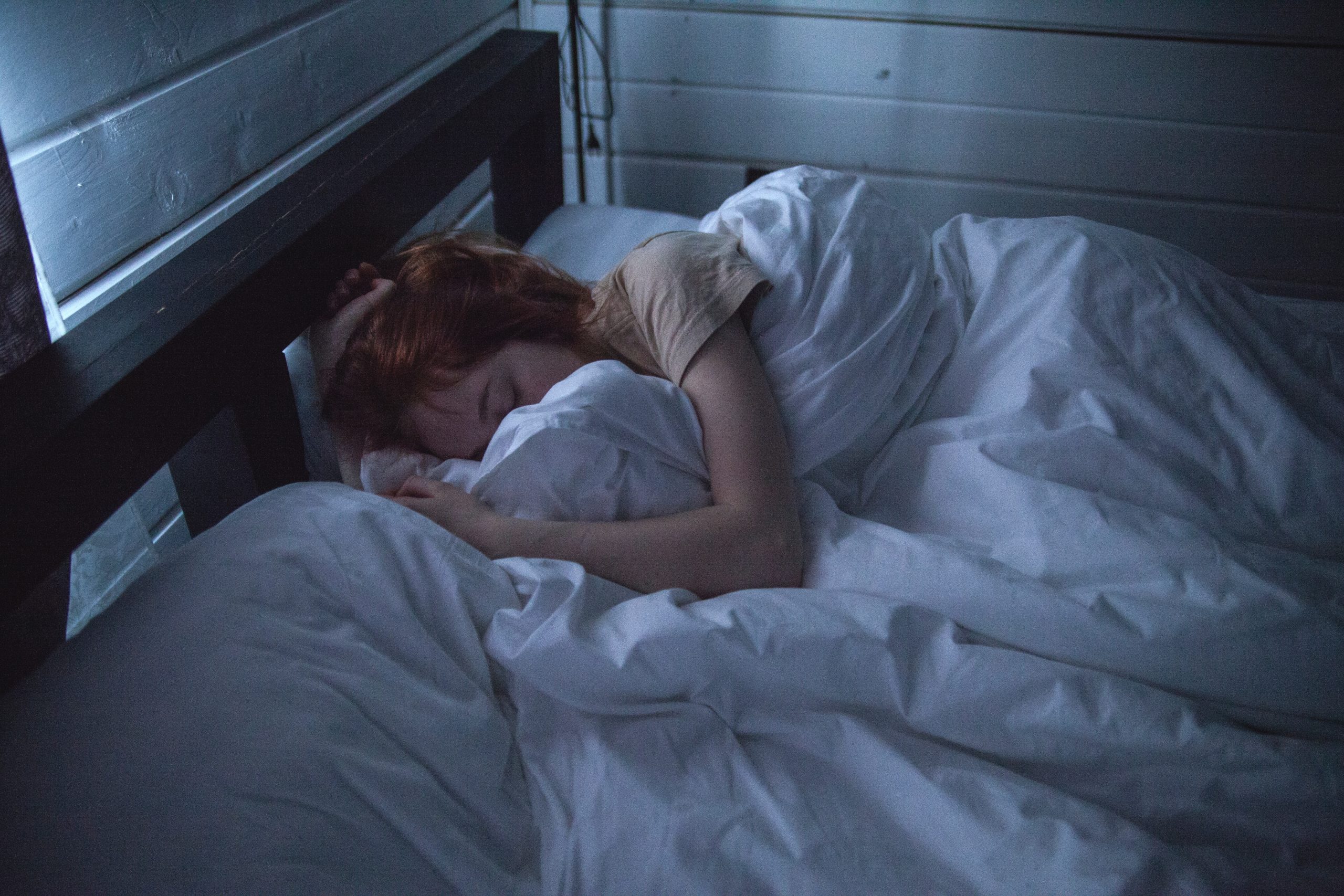Sleep and anxiety are deeply interconnected. For individuals with anxiety, getting enough quality sleep can be challenging, and in turn, a lack of sleep can exacerbate symptoms of anxiety. In this article, we’ll explore the complex relationship between sleep and anxiety, and how addressing sleep issues can help to manage anxiety symptoms.
The Link Between Sleep and Anxiety
Research has shown that there is a bidirectional relationship between sleep and anxiety. That is, anxiety can interfere with sleep, and lack of sleep can increase anxiety levels. Individuals with anxiety often experience racing thoughts, worry, and restlessness, which can make it difficult to fall asleep or stay asleep. In turn, a lack of sleep can worsen anxiety symptoms, leading to a vicious cycle of sleeplessness and anxiety.
One reason for this relationship is that sleep plays an essential role in regulating our emotions. During deep sleep, the brain processes emotional information from the day, helping us to regulate our emotions and manage stress. When we don’t get enough sleep, this process is disrupted, and we may experience heightened emotional reactivity and decreased ability to cope with stress.
Sleep also affects the balance of chemicals in the brain, such as serotonin and dopamine, which are involved in regulating mood and emotions. When we don’t get enough sleep, these chemicals can become imbalanced, leading to increased feelings of anxiety.
Tips for Improving Sleep and Managing Anxiety
If you’re struggling with anxiety and sleep issues, there are several things you can do to improve your sleep and manage anxiety symptoms:
- Stick to a consistent sleep schedule: Try to go to bed and wake up at the same time every day, even on weekends. This helps regulate your body’s internal clock, making it easier to fall asleep and wake up.
- Create a relaxing bedtime routine: Develop a routine that helps you wind down and relax before bed. This could include taking a warm bath, practicing relaxation techniques like deep breathing or meditation, or reading a book.
- Avoid stimulating activities before bed: Avoid activities that are stimulating or stressful before bed, such as watching the news or working on a stressful project. Instead, engage in calming activities like listening to soothing music or taking a warm bath.
- Limit caffeine and alcohol: Caffeine and alcohol can interfere with sleep and exacerbate anxiety symptoms. Try to avoid consuming these substances in the evening, or limit your intake during the day.
- Create a comfortable sleep environment: Make sure your bedroom is cool, dark, and quiet, and invest in comfortable bedding and pillows.
- Get regular exercise: Regular exercise can help to reduce anxiety and improve sleep quality. Just be sure to avoid exercising too close to bedtime, as this can make it harder to fall asleep.
- Seek professional help: If you’re struggling with severe anxiety or sleep issues, consider seeking professional help from a therapist or healthcare provider. They can provide you with additional strategies and support to manage your symptoms.
In conclusion, sleep and anxiety are closely linked, and addressing sleep issues is an important part of managing anxiety symptoms. By developing healthy sleep habits and seeking professional support, individuals with anxiety can improve their sleep and overall quality of life.

